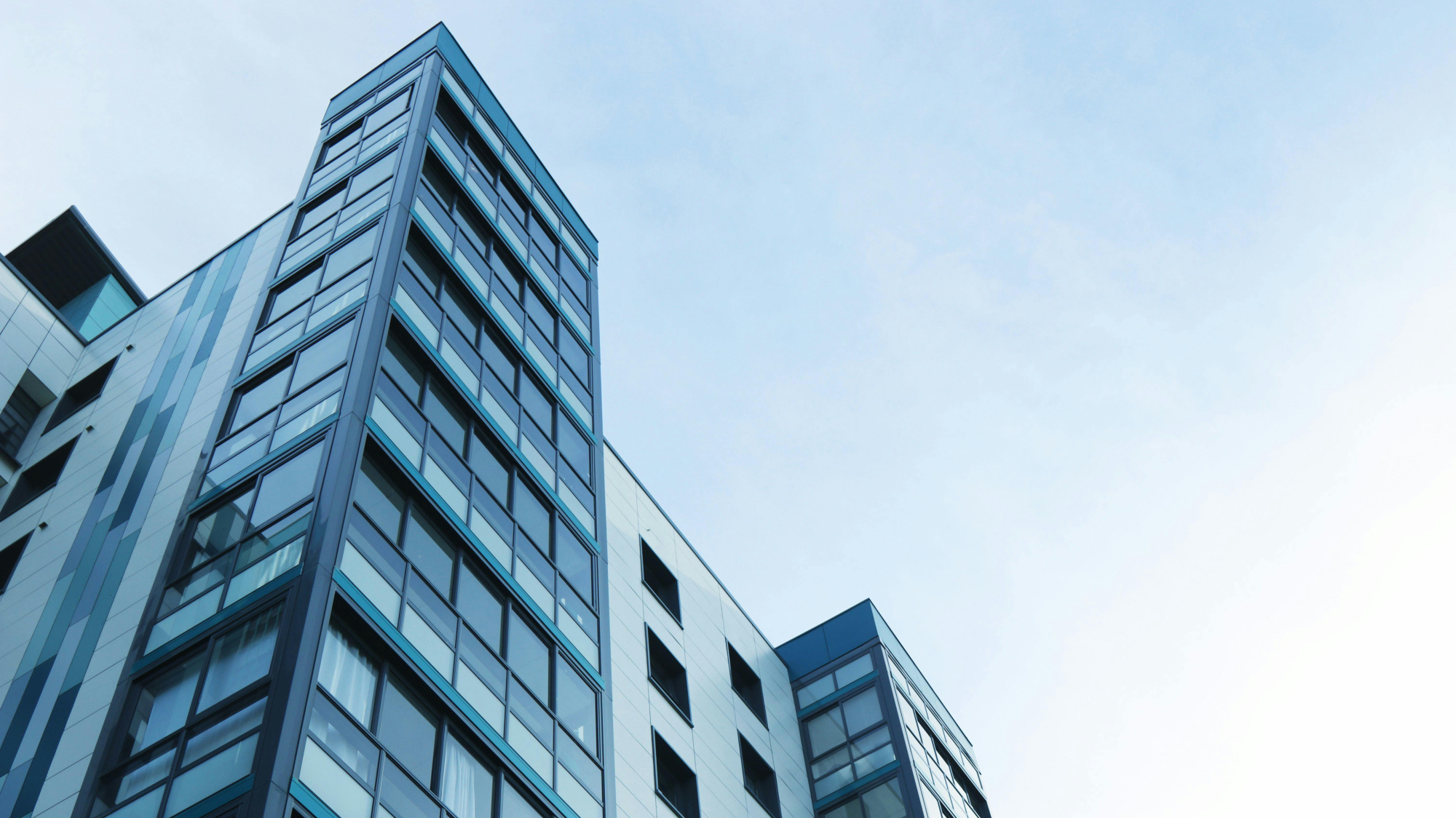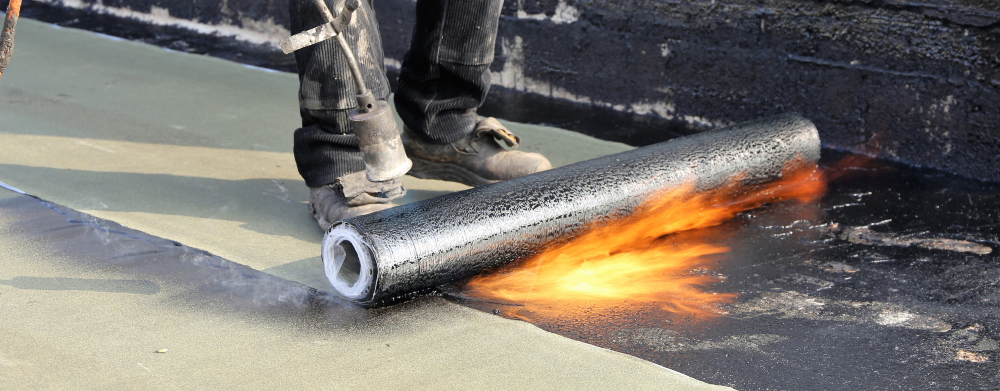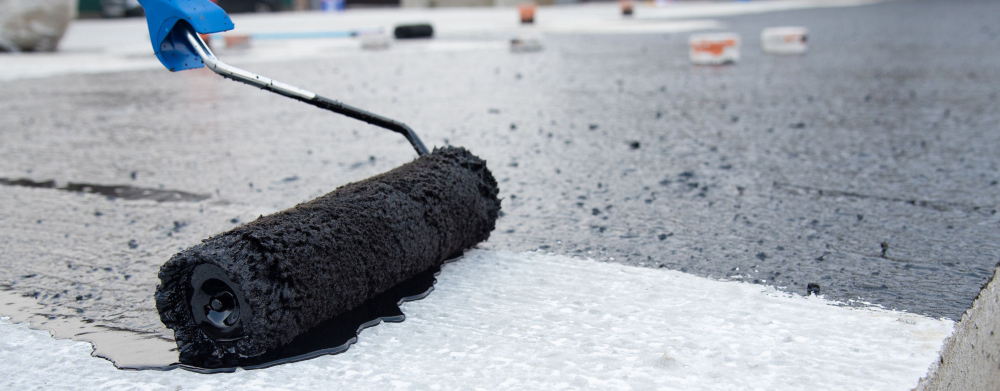
Waterproofing is essential for protecting your property from water damage, especially in areas exposed to moisture like balconies, roofs, and wet areas. There are several waterproofing membrane options available, each with unique advantages and disadvantages.
In this guide, we will compare three common types of waterproofing membranes and help you make an informed choice for your property. Understanding the differences between these membranes is key to choosing the best option for your needs.
1. Sheet Membranes
Sheet membranes are pre-manufactured, flexible sheets made from materials like bitumen, PVC, or EPDM rubber. These membranes are applied over a surface and then sealed at the seams to create a continuous waterproof barrier.
Pros:
- Ease of Installation: Sheet membranes are relatively easy to install, especially for experienced professionals. The process involves laying down sheets and joining them at the seams to ensure full coverage.
- Durability: Sheet membranes are known for their strength and ability to withstand harsh weather conditions. They are highly resistant to punctures and physical damage.
- Cost-Effective: Regarding material costs, sheet membranes tend to be more affordable than other options, making them a popular choice for large-scale commercial and residential waterproofing projects.
Cons:
- Seam Vulnerability: The seams between sheets can be potential weak points if not properly sealed. Improper installation can lead to leaks and water infiltration.
- Limited Flexibility: Sheet membranes may not be suitable for all surface types, especially those with complex shapes or intricate detailing as they may need additional cutting to fit nooks and corners.
- Aesthetic Issues: Some sheet membranes, especially the ones with a visible surface, may not be ideal for buildings with aesthetic priorities.
2. Torch-On Membranes
Torch-on membranes are bituminous membranes that are applied using a torch to heat the underside of the membrane, which then bonds directly to the surface. This process creates a strong, durable seal that is resistant to water penetration.
Pros:
- Strong Bonding: The torch-on method ensures a strong bond between the membrane and the surface, making it ideal for areas exposed to high foot traffic or extreme weather conditions.
- Durability and Long Lifespan: Torch-on membranes are well-known for their durability and ability to last for decades. They are particularly resistant to UV rays and temperature fluctuations, making them a great choice for both commercial and residential applications.
- Versatile Application: Torch-on membranes are highly versatile and can be applied to a variety of surfaces, including concrete, metal, and timber.
Cons:
- Installation Complexity: The installation of torch-on membranes requires specialised equipment and skills, which can make it a more expensive option if not handled by professional waterproofing companies in Sydney.
- Safety Concerns: The use of an open flame to heat the membrane requires careful handling, as it can be a fire hazard if not properly managed.
- Not Suitable for DIY: Torch-on membrane application should always be done by professionals due to the technical nature of the installation process.
3. Liquid Membranes
Liquid membranes are applied as a liquid coating that cures to form a seamless, waterproof barrier. This option is ideal for applications where other membrane types might be difficult to install, such as uneven surfaces or areas with complex detailing.
Pros:
- Seamless Coverage: One of the main advantages of liquid membranes is that they provide seamless coverage, with no joints or seams that could potentially fail over time.
- Flexible and Customisable: Liquid membranes can be applied to a variety of surfaces and are highly flexible, making them a great option for irregular or difficult-to-reach areas.
- Quick and Easy Application: Liquid membranes are easier and faster to apply compared to sheet or torch-on membranes. The application process does not require specialised tools or equipment, reducing labour costs.
Cons:
- Durability Concerns: While liquid membranes provide excellent waterproofing initially, they may be less durable in the long term compared to sheet or torch-on membranes. They are more prone to wear and tear, especially in high-traffic areas.
- Maintenance Requirements: Liquid membranes may require periodic maintenance or touch-ups to maintain their effectiveness, especially in areas with heavy exposure to UV rays or extreme weather conditions.
- Vulnerability to Extreme Conditions: In areas with extreme temperatures or heavy rainfall, liquid membranes may degrade faster than other types of membranes.
Choosing the Right Membrane for Your Property
When selecting a waterproofing solution for your property, it’s important to consider factors such as the type of surface you are working with, the environmental conditions, your budget, and the level of expertise required for installation. Waterproofing companies in Sydney can help you assess these factors and choose the best membrane for your specific needs.
- For areas exposed to high foot traffic or harsh weather, a torch-on membrane may be the best option due to its durability and strong bonding.
- For complex, irregular surfaces that require a seamless application, liquid membranes provide a versatile and easy-to-apply solution.
- For large-scale, cost-effective projects, sheet membranes may offer the best value, provided they are installed correctly to avoid seam issues.
Selecting the right waterproofing membrane is crucial for ensuring the longevity and protection of your property. Each membrane type has its unique benefits and drawbacks, so it’s essential to consult with experienced waterproofing contractors in Sydney to make an informed decision. Whether you opt for a torch-on membrane, sheet membrane, or liquid membrane, professional waterproofing services can ensure a long-lasting and effective solution to safeguard your property against water damage.
For expert advice and professional waterproofing solutions, reach out to Titan Waterproofing, one of the leading waterproofing companies in Sydney.


